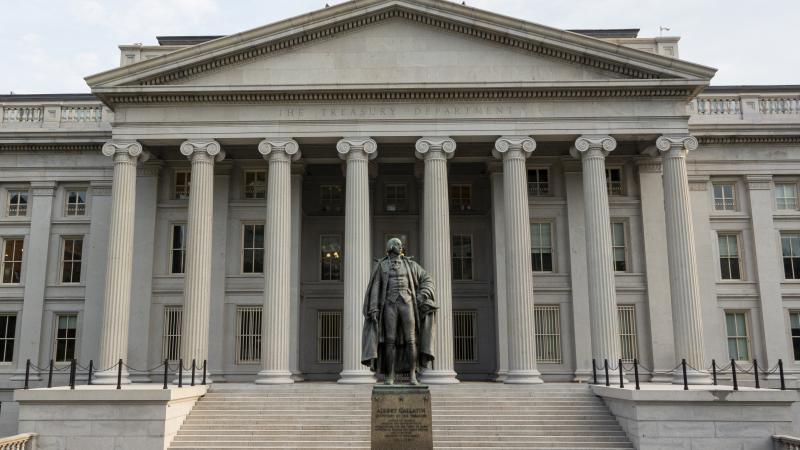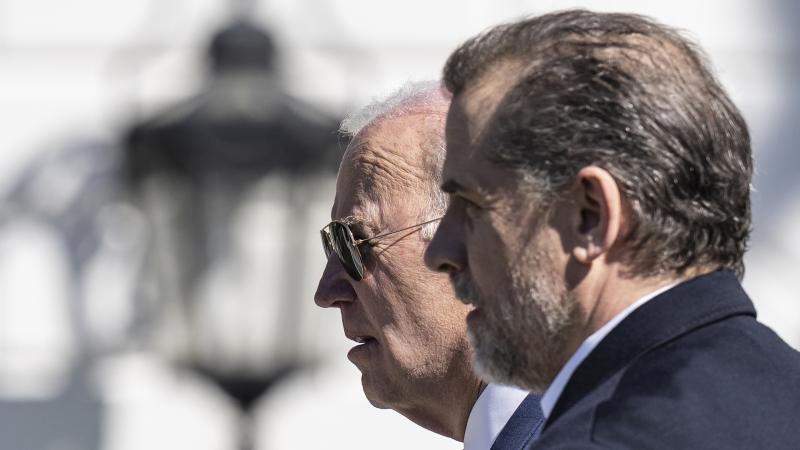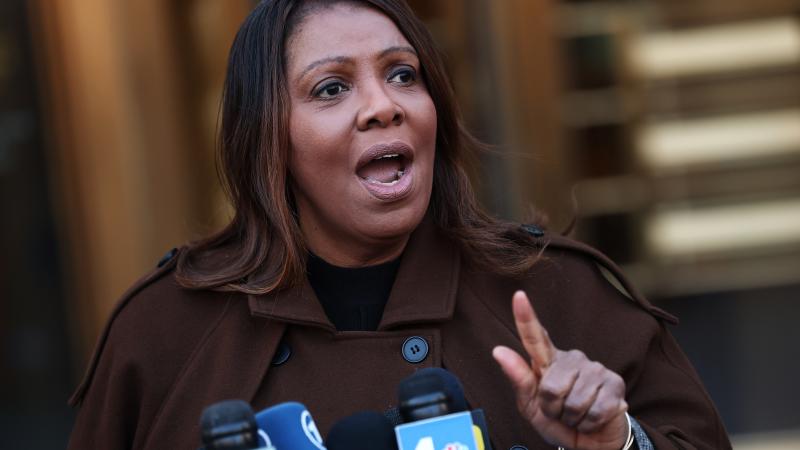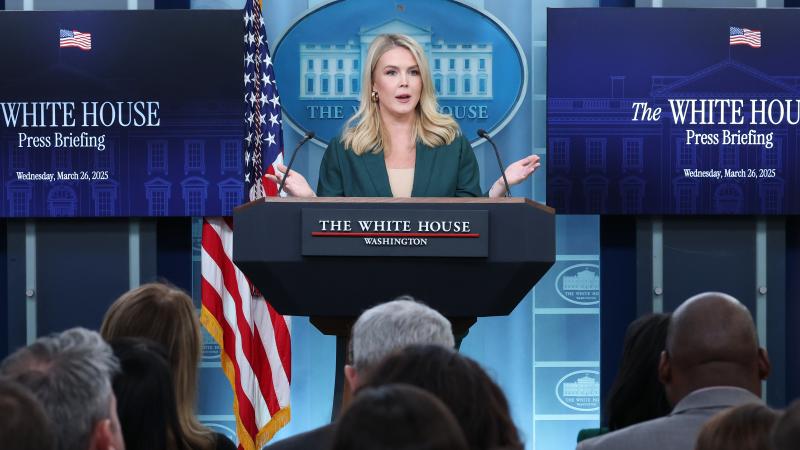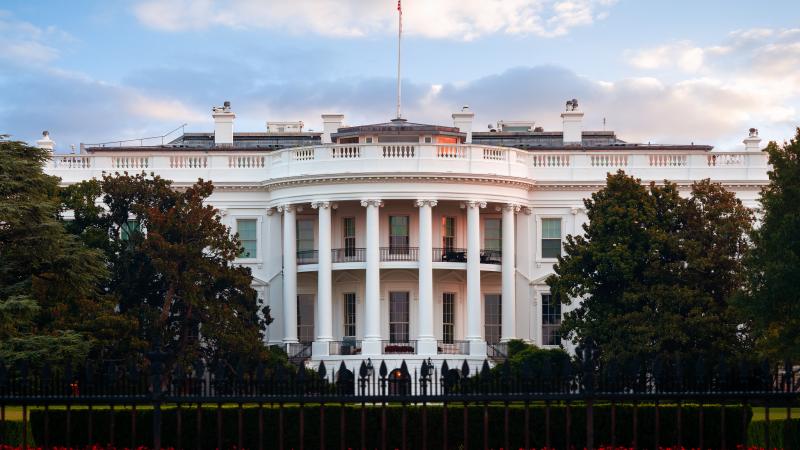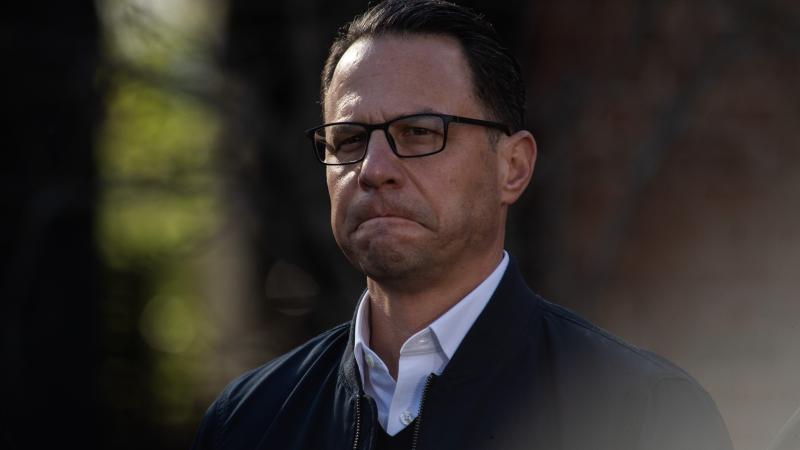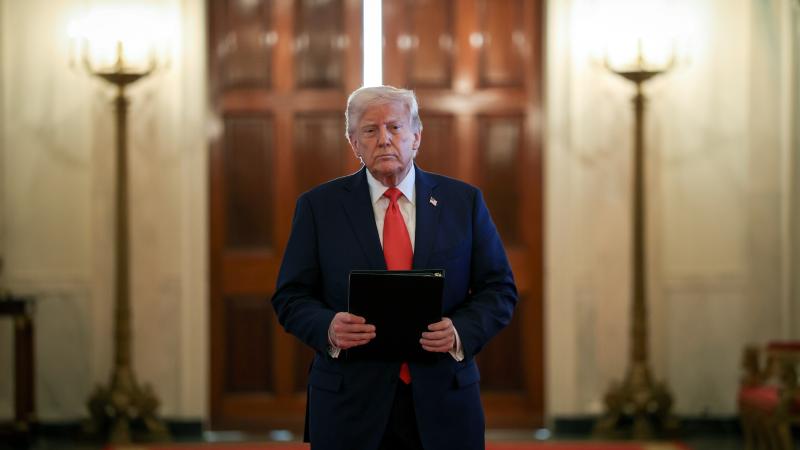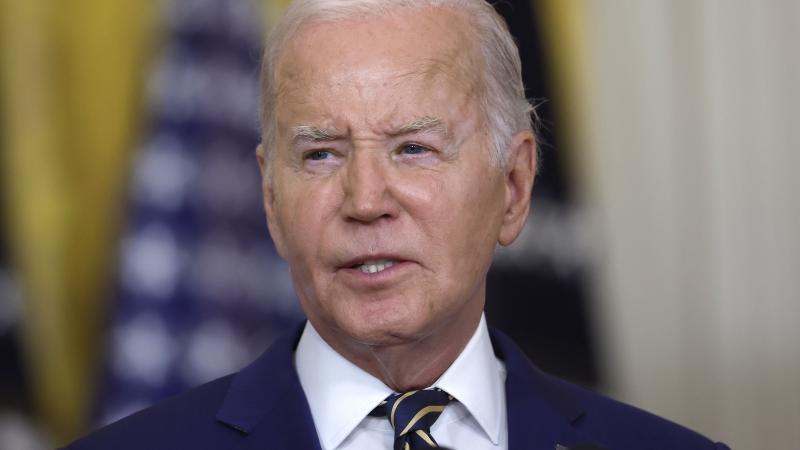Student visas emerge as Washington’s leverage against foreign adversaries
Under Secretary of State Marco Rubio, the U.S. has already begun revoking visas for pro-Palestinian organizers and international students who joined with them, but the administration now appears to be mulling similar actions against students from other nations.
As the U.S. struggles to attract concessions from adversarial nations, Washington appears ready to use those nations’ people within its borders on a visa as an apparent source of leverage.
Under Secretary of State Marco Rubio, the U.S. has already begun revoking visas for pro-Palestinian organizers and international students who joined with them, but the administration now appears to be mulling similar actions against other nations.
The case of former Columbia graduate student Mahmoud Khalil, whom authorities moved to deport after his leadership of an anti-Israel demonstration, appears to have emboldened the administration in its efforts. Despite public backlash, an immigration judge last week ruled that Secretary of State Marco Rubio had the authority to make a determination on his deportation.
Rubio has argued that Khalil could face deportation because his “beliefs, statements or associations undermine U.S. policy to combat antisemitism around the world and in the United States, in addition to efforts to protect Jewish students from harassment and violence in the United States.”
Khalil’s deportation came as part of a nationwide crackdown on antisemitism amid the ongoing Israel-Hamas war, which has seen the administration threaten to pull federal funding from universities that fail to comply with Washington’s demands. But the visa revocations appear poised to go beyond the Israel-Palestine issue and are evidently on the table for Ukraine, China, and other nations with which the U.S. is engaged in diplomatic spats. With China fighting hard against U.S. tariffs and Ukraine resistant to ceasefire negotiations, both nations could conceivably see their citizens ejected from the U.S.
Ukrainians potential targets for deportation
The United States is currently home to an estimated 300,000 Ukrainian refugees who arrived after the start of the Ukraine War. That figure includes roughly 190,000 who entered under the United for Ukraine program while the remainder arrived through other methods. This figure does not include Ukrainians who secured visas before the war.
The official Instagram of the United States embassy in Kyiv on Monday posted clips to its story stating to viewers that it had revoked their visas and they were required to leave. The cryptic post was attributed to Secretary of State Marco Rubio and featured messages such as “your visa is expired”, “your visa is revoked”, “you have to leave”, and “visiting America is a privilege, not a right.” Just the News has sought comment from the State Department on the matter.
The post comes as Trump has expressed frustration with the Ukrainian government and President Volodymyr Zelensky as he works to broker a peace to the Russo-Ukrainian War. Trump initially promised to end the war in the first 24 hours but has thus far been unsuccessful.
“President Zelenskyy and Crooked Joe Biden did an absolutely horrible job in allowing this travesty to begin. There were so many ways of preventing it from ever starting. But that is the past. Now we have to get it to STOP, AND FAST. SO SAD!” Trump posted on Truth Social on Monday.
Momentum against Chinese student visas
The ongoing trade war, moreover, has close advisors to the president mulling the withdrawal of Chinese student visas, of which the United States grants more than 300,000 annually. Donald Trump Jr. last week appeared to lend support to what he called a “great idea” when responding to a post suggesting Trump revoke the Chinese visas.
Under the first Trump administration, the State Department revoked roughly 1,000 Chinese visas over espionage and security concerns. A broader revocation amid the tariff standoff, moreover, has gained momentum in Congress as well, with Rep. Riley Moore, R-W.V., introducing legislation to stop the government from issuing student visas to Chinese nationals. Moore himself did not directly link his move to the tariff row, but reiterated ongoing security concerns from the increasingly tense relationship between Washington and Beijing.
“Every year we allow nearly 300,000 Chinese nationals to come to the U.S. on student visas. We’ve literally invited the CCP to spy on our military, steal our intellectual property, and threaten national security,” he said. “Just last year, the FBI charged five Chinese nationals here on student visas after they were caught photographing joint US-Taiwan live-fire military exercises. This cannot continue. Congress needs to end China’s exploitation of our student visa program. It’s time we turn off the spigot and immediately ban all student visas going to Chinese nationals.”
So far, the China trade standoff shows no sign of ending in the near future, with Beijing holding firm despite the administration’s imposition of 125% tariffs. "At the current tariff level, there is no market acceptance for U.S. goods exported to China. If the U.S. continues to play the tariff numbers game, China will ignore it,” The Chinese Finance Ministry said in a statement this week. “However, if the U.S insists on continuing to substantially infringe on China's interests, China will resolutely counterattack and fight to the end."
Immigration judge says Palestinian support a legal basis for deportation
As of late March, the State Department had revoked at least 300 student visas for those who participated in pro-Palestine protests. The Trump administration has taken a decidedly more pro-Israel stance than the Biden administration, under which pro-Palestinian demonstrations thrived across Ivy League campuses. Many of those protesters openly support Hamas, and last year the Department of the Treasury told NBC News that a pro-Hamas organization that helped organize protests on American college campuses is a “sham charity” that fundraises for a terrorist group.
The current White House, however, has begun to view the demonstrations as manifestations of support for terrorism and used federal immigration authority as a means of cracking down directly. "We gave you a visa to come and study and get a degree — not to become a social activist that tears up our university campuses," Rubio said at the time. "If we've given you a visa and then you decide to do that, we're gonna take it away."
The Khalil case proved a deciding moment for this initiative after the judge determined that the Department could deport him on that basis. Assistant Chief Immigration Judge Jamee Comans specifically found that evidence of Khalil’s beliefs was sufficient for the State Department to seek his removal, CNN reported. The finding could conceivably embolden the administration to move forward with additional deportations on the basis of combating antisemitism.


